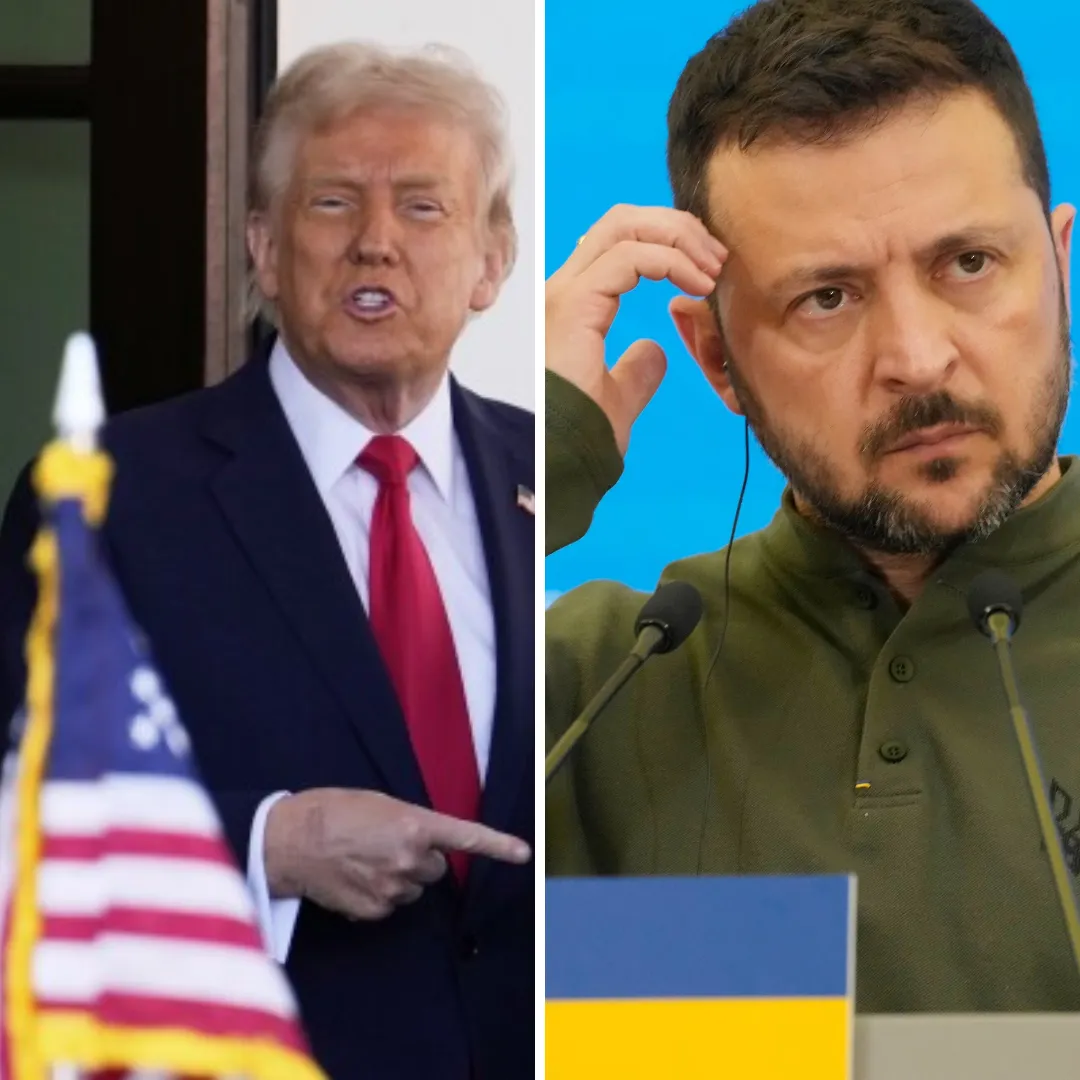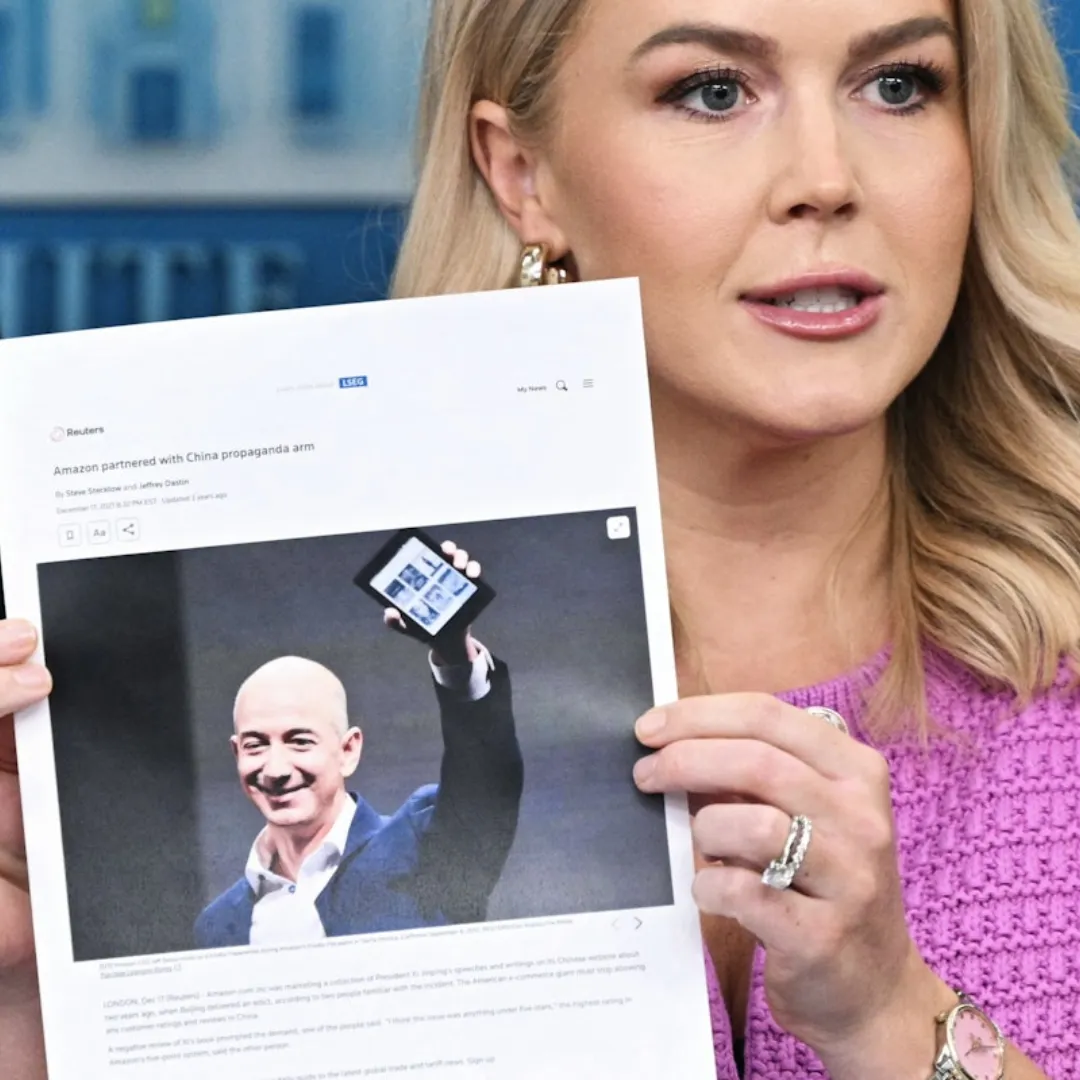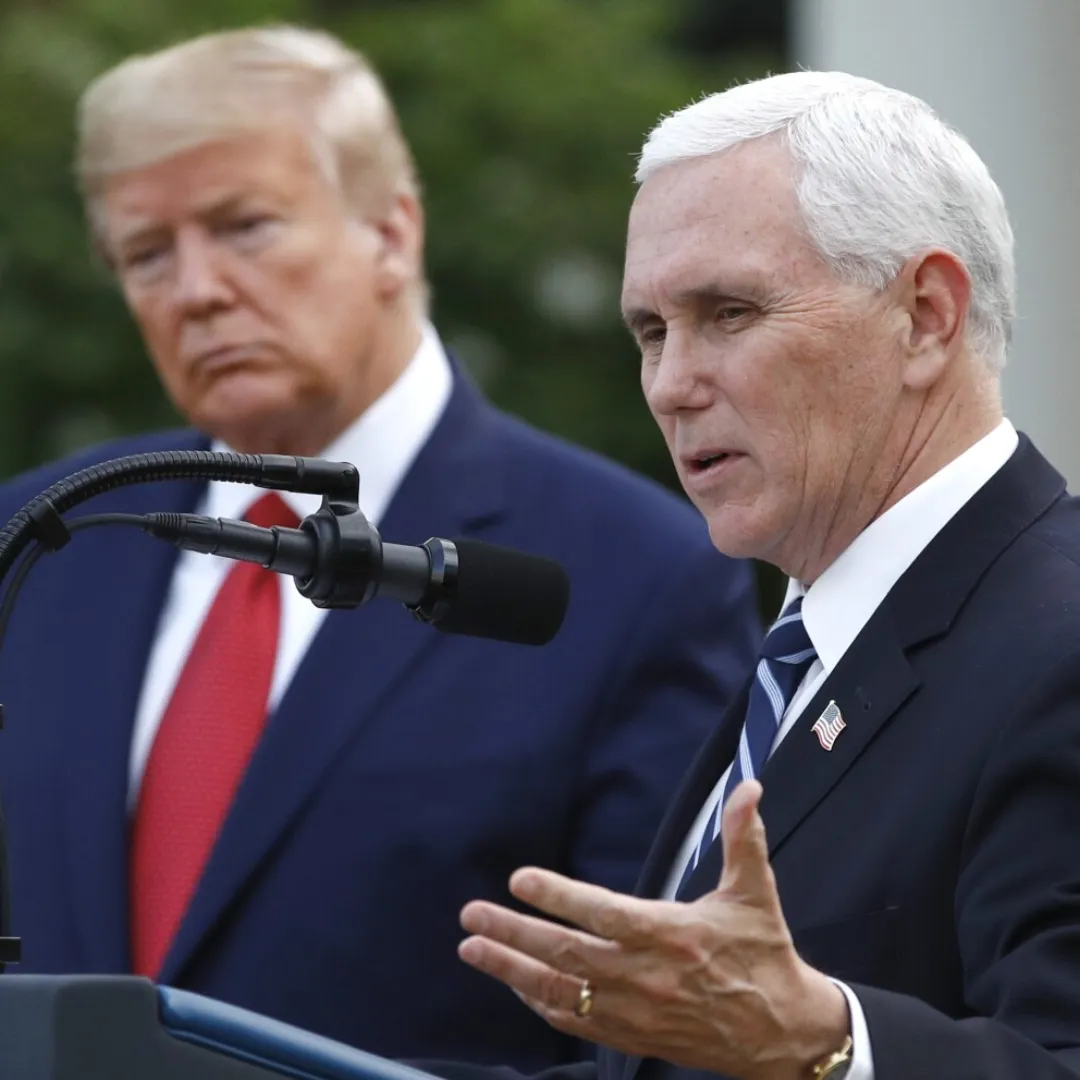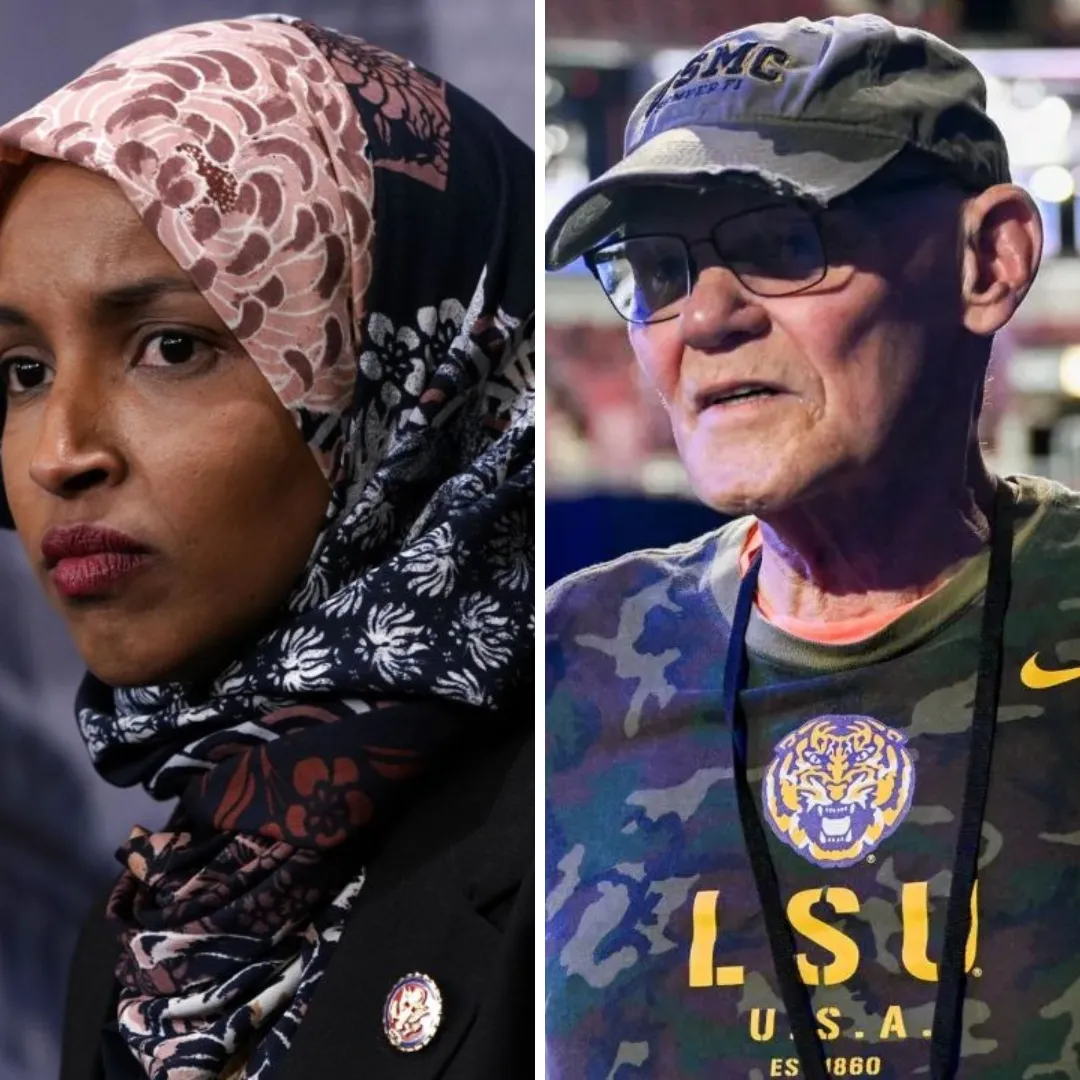
In a significant reemergence into the political spotlight, former Transportation Secretary Pete Buttigieg has delivered a powerful warning to the Democratic Party: nostalgia will not save them.
In a candid and wide-ranging interview with MSNBC’s Jen Psaki, Buttigieg made it clear that the path forward for Democrats does not lie in attempting to recreate the political conditions of the past but in confronting the hard truths about why the nation’s democratic foundations have grown so fragile.
His remarks, both sobering and sharply critical, come at a moment of deep introspection for the Democratic Party, which continues to wrestle with its identity and strategic direction amid a fractured political landscape and the lingering shadow of Donald Trump.
Buttigieg, a former presidential candidate and widely regarded as one of the most articulate and forward-thinking voices in the party, pulled no punches when discussing the risk of retreating into a comforting but dangerous illusion of pre-Trump normalcy.
For Buttigieg, the nation’s crisis of governance did not begin with Trump—it was merely accelerated by him. "Proto-authoritarian governments do not just come out of nowhere," he told Psaki.
"We would not be here in this situation if the government, the economy, and the politics of our country were healthy. They’ve been unhealthy for a long time."
His words were not just a diagnosis but a pointed rebuke of any Democratic strategy that centers on simply restoring what once was. Such a strategy, he warned, would be both "substantively wrong" and politically doomed to fail.
The timing of Buttigieg’s remarks is no coincidence. Though he has kept a relatively low profile since leaving his cabinet post in January, his appearance on national television marks the beginning of a deliberate and calculated return to the political stage.
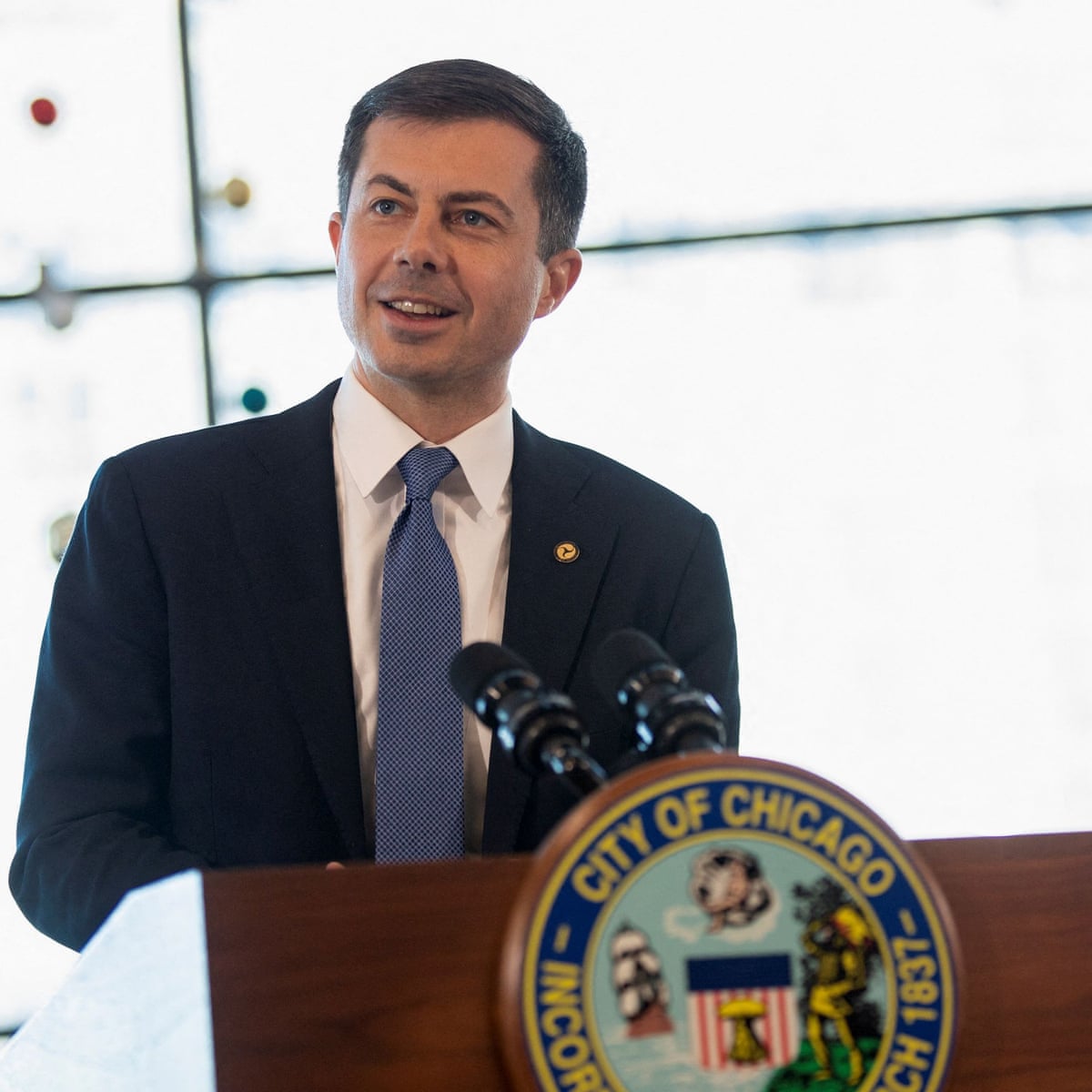
And that return comes with unmistakable hints at higher ambitions. As talk of the 2028 presidential race quietly begins to stir beneath the surface of American politics, Buttigieg is positioning himself not merely as a participant in the conversation, but as a leader ready to define its terms.
His decision to confront the weaknesses within his own party—rather than offering the usual partisan talking points—suggests he is betting on a strategy of candor, honesty, and hard truths.
In doing so, he has drawn a stark contrast not only with Republican rhetoric but also with elements of Democratic orthodoxy that seek comfort in the illusion that pre-2016 America was somehow politically or morally sound.
Buttigieg’s central argument is that the systemic problems the nation faces—economic inequality, political polarization, democratic backsliding—are not new.
They are the result of decades of dysfunction and neglect, and any effort to convince voters otherwise is both intellectually dishonest and politically naive.
"If my party seems like it’s calling for a return to a status quo from before," Buttigieg continued, "that would be both substantively wrong and politically it would fail."
He emphasized that this is not a call to abandon core Democratic values or to water down liberal commitments, but rather a demand to articulate those values in a way that connects with the lived experiences of everyday Americans.
In Buttigieg’s view, the Democratic Party must make the case that it is not only more competent than the Republican alternative but more visionary, more in touch, and more willing to tackle the deep-rooted problems that have left millions disillusioned with politics altogether.
He called on Democrats to clearly define how their leadership would improve real lives in tangible, meaningful ways—whether it be through fairer wages, better healthcare, or tax policies that work for working families rather than the ultra-wealthy.
“This is not a question of accommodating things that we don’t agree with or watering down or changing our values,” he said. “It is a question that we have to make very clear to everybody, how your everyday life is different if we’re in charge compared to if they’re in charge.”
The weight of those words cannot be overstated. Buttigieg is not merely offering an electoral strategy—he is proposing a philosophical reorientation of the Democratic message.
In his view, the party must stop acting like the opposition and start behaving like a government-in-waiting, one with a clear mandate and a bold agenda. That approach is especially resonant at a time when polls show growing disillusionment among young voters, working-class communities, and racial minorities—constituencies that have long been counted on as the Democratic base but are increasingly turning away in frustration.
Many feel that their loyalty has been taken for granted while their material conditions remain unchanged. Buttigieg’s message is directed at these disenchanted voters as much as it is at the Democratic establishment. He seems to be telling them: I hear you. I see the rot. And I’m not here to pretend it didn’t exist before Trump took office.
In that spirit, Buttigieg is not just talking. He’s taking action. Later this month, he will travel to Iowa—a key early contest state in presidential primary cycles—to participate in a town hall hosted by VoteVets, a progressive veterans’ advocacy group. There, he is expected to discuss how Trump’s policies have impacted America’s veterans, particularly during his first 100 days in office.
The choice of venue and topic is telling. Not only does it allow Buttigieg, a former naval intelligence officer, to draw on his own military background, but it also enables him to challenge the Republican Party’s long-held narrative of being the default champion of veterans and national security. If Democrats want to reclaim lost ground among military families and heartland voters, figures like Buttigieg may be key to making that happen.

His Iowa appearance will likely be seen as the unofficial beginning of a slow and steady buildup toward a 2028 presidential campaign, even if no formal announcements are expected any time soon.
Already, political observers are noting that Buttigieg’s profile is beginning to rise again, just as President Biden enters the final stretch of his current term and speculation intensifies about the future leadership of the Democratic Party.
With Vice President Kamala Harris facing mixed approval ratings and a party still lacking a clear post-Biden standard bearer, Buttigieg’s reentry may fill a growing leadership vacuum.
His political instincts, polished media presence, and reputation as a policy wonk capable of articulating complex ideas in digestible terms could offer Democrats a compelling alternative as they look toward the next generation of leadership.
Buttigieg’s message is also uniquely suited to the current media environment. At a time when voters are inundated with misinformation, culture wars, and political theatrics, his calm, intellectual demeanor may offer a refreshing contrast. Yet, he is not naive about the challenges that lie ahead.
He understands that clarity, not just charisma, will win the trust of skeptical voters. That’s why he is urging his party to move beyond shallow soundbites and start answering the difficult questions about how Democratic leadership will actually make life better.
He knows that without a real plan—and without the courage to confront internal failures—the party risks becoming a relic of a political system in decline, rather than the engine of renewal it hopes to be.
Moreover, Buttigieg’s warning about proto-authoritarianism is not academic. He is sounding the alarm on a political environment that is increasingly tilting toward illiberalism and democratic erosion.
In his view, Trump was not an anomaly, but a symptom of deeper structural failures. Unless those root causes are addressed, the threat will persist long after Trump is gone.
His critique is aimed not only at Republicans who have enabled that shift, but also at Democrats who have failed to offer a compelling alternative. For Buttigieg, the stakes are existential: either the Democratic Party evolves, or it risks irrelevance.
In the coming months, Buttigieg’s words will be tested by action. His journey to Iowa, his engagement with veterans, and his broader political agenda will offer the first real glimpse of whether his message can resonate beyond the MSNBC studio and into the hearts of American voters.
Whether he emerges as the party’s next presidential nominee or not, his challenge to Democratic complacency is one that cannot be ignored. At a time when many politicians speak in platitudes, Pete Buttigieg is offering something rare: a reality check and a roadmap, both grounded in an honest reckoning with the past and a determined vision for the future.


